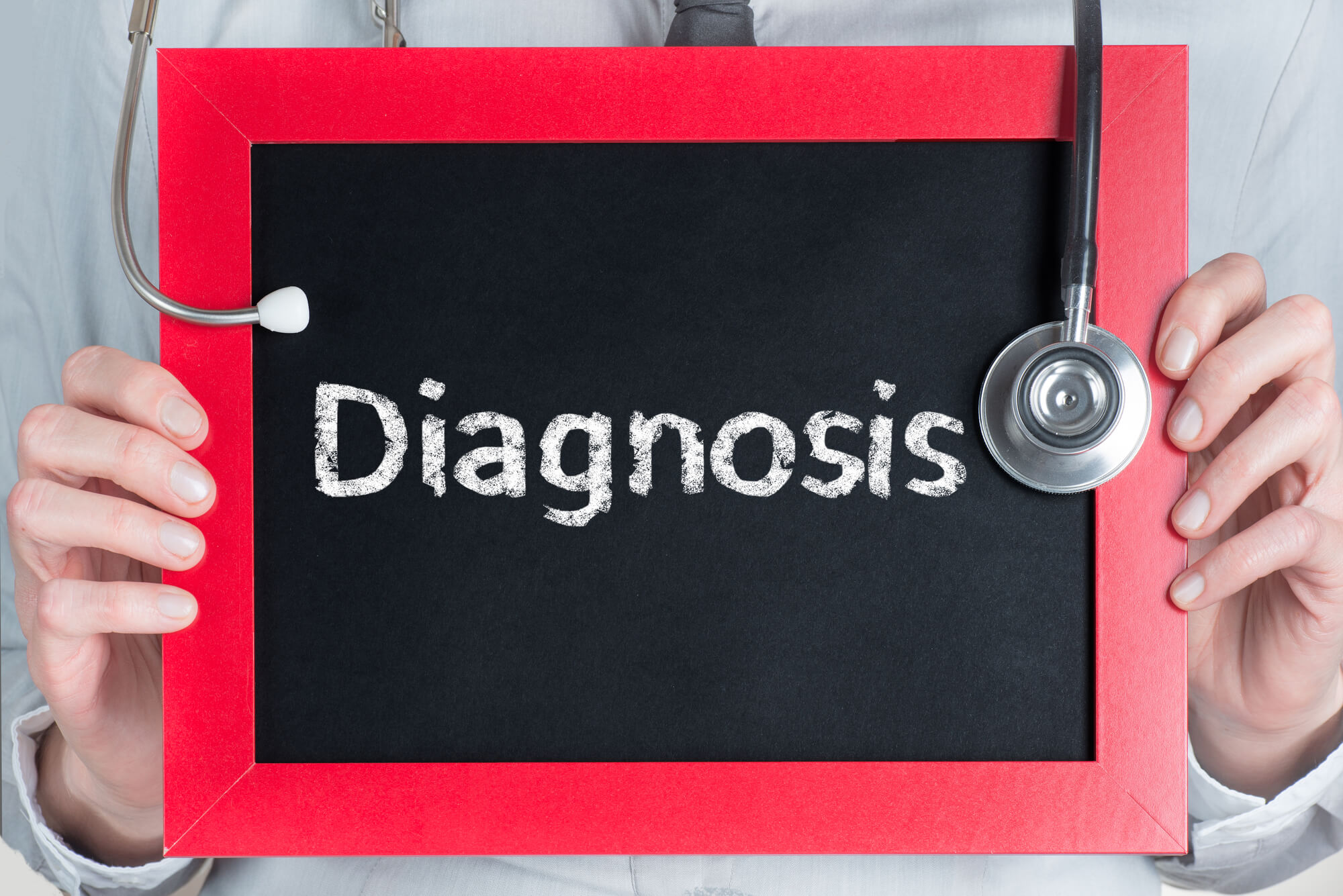There can be a lot of questions about what is involved with receiving a DSM diagnosis. Let’s get rid of some of the myths, mystery and insecurity about receiving a diagnosis.
Why do therapists, psychologists, and counselors even utilize diagnosis?
The psychology world currently operates under a medical model of treatment. This means that mental health professionals treat mental disorders with the exact same mentality doctors would approach a medical issue. Psychologists, mental health counselors and therapists all utilize diagnosis as a way to group similar presenting thoughts, behavior, or ways of approaching the world into a classification or “diagnosis”. Having an agreed upon vocabulary for mental health disorders and diagnoses are vital in communicating with other professionals. For example, in the medical world, if you were to receive a diagnosis for arthritis and then visit another professional, they would have a clear understanding of your symptoms if you share your arthritis diagnosis. If you receive a bipolar disorder diagnosis, and visit a different mental health professional, they will have a solid foundation of what you are experiencing because of this diagnostic label.
What is the DSM and why does it matter?
The Diagnostic Statistical Manual, 5th edition is the current classification system of all mental health disorders. It was first published in 1952 and has routine edits and updates, as the scientific studies reveal changing information about mental conditions. The most recent version was published in 2013, which is the 5th edition.
Once I am labelled with a diagnosis, am I stuck with this diagnosis for life?
There is not a simply yes or no to this question. There are many diagnoses that do remain stable throughout a lifetime, but once treatment begins, it will begin to impact your daily life less and less. This may lead to a diminishing of symptoms and without experiencing symptoms you may no longer “qualify” for the same diagnosis. This is often common in children who are said to “grow out” mental health diagnosis. Once children learn how to adjust, make changes and learn how to manage in their daily life with how their brain functions, it may appear that they have simply “grown out of it”, when in reality, they have become incredibly effective at utilizing coping skills. It is also incredibly important to recognize that a diagnosis does not define a human being.
What are the benefits of diagnosis?
A diagnosis will give your providers a strong foundation on how to uniquely craft your recovery and treatment. Better communication between professionals leads to quality care. A diagnosis may also mean that you are eligible for particular benefits. These benefits can range from extra time to complete exams, additional school funding, or access to particular community organizations.
The most important aspect of diagnosis is to view the diagnosis as a tool to help you receive quality care and possibly even additional support. People with the same diagnosis are very unique and individual. Simply because you may fall into a diagnostic category, it does not diminish your individuality or your unique life experience. Psychologists and mental health professionals are trained to look at all of these unique factors, including personal experiences that have shaped your life. If you have more questions or are unsure of where to start the diagnostic process book in a time to speak to a psychologist call us on (02) 6262 6157 or book an appointment online.
Related Reading:
Can your Psychologist Fix You?
Diagnosed- The benefits in receiving a DSM diagnosis
Interview: Introducing Strategic Psychology’s Counseling Services
